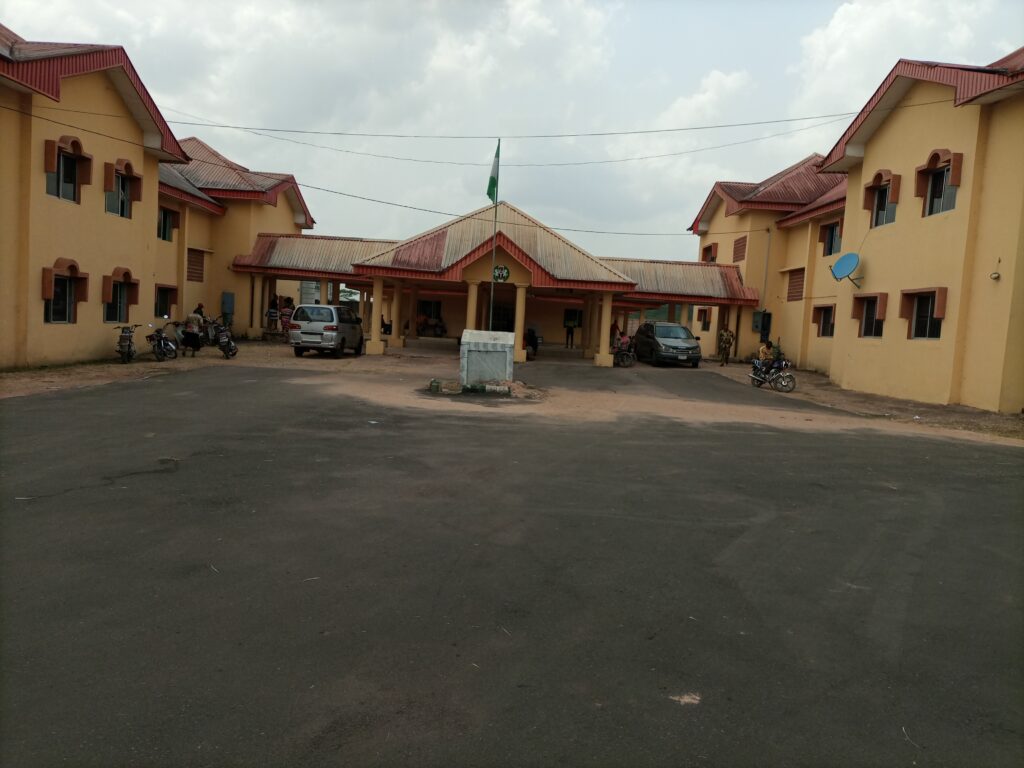
Nwangele Local Government Area: A Tapestry of History, Culture, and Achievement
Created in October 1996 during the administrative reforms of General Sani Abacha, Nwangele Local Government Area (LGA) is a relatively young administrative unit within Imo State, Nigeria. However, its roots delve deep into the rich soil of Igbo history and tradition. The LGA was carved out of the former Nkwerre/Isu/Njaba/Nwangele Federal Constituency.
Ancestral Foundations:
The bedrock of Nwangele is formed by ancient and proud autonomous communities, primarily descended from core Igbo heartlands. Key clans and towns include:
Abaja
Abba
Amaigbo
Isu Neliligbarogu
Pre-Colonial and Colonial Heritage:
Like much of Igboland, the constituent communities of present-day Nwangele thrived under traditional socio-political systems organized around kinship (Umunna), age grades (Otu Ogbo), and reverence for deities (especially Ala, the earth goddess). Yam farming was, and remains, the economic cornerstone, celebrated grandly in the annual New Yam Festival (Iri Ji/Iwa Ji) held between August and October. The renowned Nkwo Mmiri market, operating on the traditional eight-day cycle, served as a vital hub for commerce, social interaction, and cultural exchange long before colonialism. The British colonial era integrated the area into larger administrative structures, introduced Western education and Christianity, and encountered periods of local resistance.
Post-Independence and Creation of Nwangele LGA:
Following Nigerian independence in 1960, the communities now forming Nwangele were part of various administrative divisions within the East Central State and later Imo State. The persistent desire for effective local governance and development led to the creation of Nwangele LGA in 1996. Amaigbo, a central and historically significant town, was established as the Local Government Headquarters.
Modern Nwangele: Pillars of Community
Since its creation, Nwangele LGA has focused on local administration, infrastructure development, and preserving its vibrant identity.
Education: The LGA boasts several notable secondary schools fostering future generations, including:
Isu High School, Isu
Isu Girls Secondary School
Police Secondary School, Umuoparadim (often referred to as Police College)
Abaja Secondary School
Dick Tiger Memorial Secondary School, Amaigbo
King Jaja Secondary School, Amaigbo
Religion: Christianity is deeply woven into the social fabric, with numerous vibrant churches of various denominations serving the spiritual needs of the communities throughout the LGA.
Sporting Excellence: Nwangele has produced world-class sporting talent, most notably:
Dick Tiger (Richard Ihetu): Legendary two-weight world boxing champion (Middleweight and Light Heavyweight).
Celestine Babayaro: Renowned Nigerian international footballer (Defender), Olympian, and AFCON winner.
Emmanuel Babayaro: Also a prominent Nigerian international footballer (Goalkeeper), Olympian, and Celestine’s brother.
Enduring Culture:
Despite modern influences, Nwangele fiercely preserves its cultural heritage. The profound New Yam Festival remains central. The festive spirit peaks in December with the captivating performances of the energetic Owu dance and the mystical Okorosha masquerades. The bustling Nkwo Mmiri market continues as a vital economic and social institution.
In Essence:
Nwangele LGA, though a modern administrative creation, is a proud assembly of ancient communities with a shared history of migration, agricultural prowess (centered on yam), resilient traditional structures, and a vibrant living culture. From its headquarters in Amaigbo, it nurtures education, embraces faith, celebrates world-renowned sporting heroes, and continues to honor its traditions through iconic festivals and markets, standing as a dynamic part of Imo State.
